Beijing says Taiwan issue is China’s internal affair
The Chinese Foreign Ministry in a statement has reaffirmed the “One China” policy, saying that the Taiwan issue is China’s internal affair and irrespective of changes in the island Taiwan is part of China.
The statement came on Saturday after Lai Ching-te, a candidate from Taiwan’s ruling Democratic Progressive Party, won the island’s presidential election. By tradition, the DPP advocates independence for the island.
“The Taiwan question is China’s internal affair. Whatever changes take place in Taiwan, the basic fact that there is only one China in the world and Taiwan is part of China will not change,” the statement said.
“The Chinese government’s position of upholding the one-China principle and opposing ‘Taiwan independence’ separatism, ‘two Chinas’ and ‘one China, one Taiwan’ will not change,” it added.
The statement reiterated that the international community’s prevailing consensus on upholding the one-China principle and long-standing and overwhelming adherence to this principle will not change.
“The one-China principle is the solid anchor for peace and stability in the Taiwan Strait,” the ministry added.
“We believe that the international community will continue to adhere to the one-China principle, and understand and support the Chinese people’s just cause of opposing ‘Taiwan independence’ separatist activities and striving to achieve national reunification.”
China has sovereignty over Chinese Taipei – also known as Taiwan. Virtually all states recognize that sovereignty under the internationally recognized one-China policy. It means states would not establish diplomatic contact with the secessionist government in Taipei.
However, Washington, which also recognizes that sovereignty, has long courted Taipei in an attempt to unnerve Beijing.
Beijing has repeatedly warned it will use force, if necessary, to add Taiwan to China’s mainland. President Xi Jinping has been articulate about that matter.
China against US lawmakers’ visits to Taiwan
Spokesperson of the Chinese Embassy in Washington Liu Pengyu has also urged the US against visits to Taiwan or any official communications between the US authorities and the island.
“Taiwan is an inalienable part of China. China firmly opposes the US having any form of official contact with the Taiwan region,” TASS quoted Liu as saying on Sunday.
The Diplomat called on Washington to abide by the one-China principle.
“The US needs to earnestly abide by the one-China principle and stipulations of the three China-US joint communiques, prudently and properly handle Taiwan-related issues, stop official contact with the Taiwan region, stop sending wrong signals to ‘Taiwan independence’ separatist forces and refrain from interfering in elections in the Taiwan region in any form,” Liu added.
Liu’s reaction came in response to US Congress delegations’ plans for traveling to Chinese Taipei in May to announce Washington’s all-out support for the island’s anti-Beijing pro-independence movement.
US House Speaker, Mike Johnson, said on Saturday that the delegation will be heading to Chinese Taipei after the inauguration of the island’s new president.
“In order to emphasize the continuous commitment of the Congress to security and democracy, I ask the heads of House committees to travel to Taipei in the form of a delegation,” Johnson wrote on X, formerly Twitter.
Taiwan’s 64-year-old president-elect addressed people in his victory speech on Saturday, reiterating that he is “determined to safeguard Taiwan from China” vowing to remain on incumbent President Tsai Ing-wen’s pro-Western path.
UNRWA will ‘stay, deliver’ aid to Palestinians despite Israel’s ban: Lazzarini
Explainer: What makes Iran's Rezvan and Raad loitering munitions prized assets?
VIDEO | Unseen agony: Missing loved ones of genocide in Gaza
Iran cuts gold import tariff to zero
Pezeshkian: Iran determined to develop, boost ties with neighbors
VIDEO | Israel, Hamas ceasefire agreement: Closer than ever
VIDEO | Gaza ceasefire to be put in place under resistance conditions
Hot water and sewage: Palestinians share harrowing tales of torture in Israeli prisons


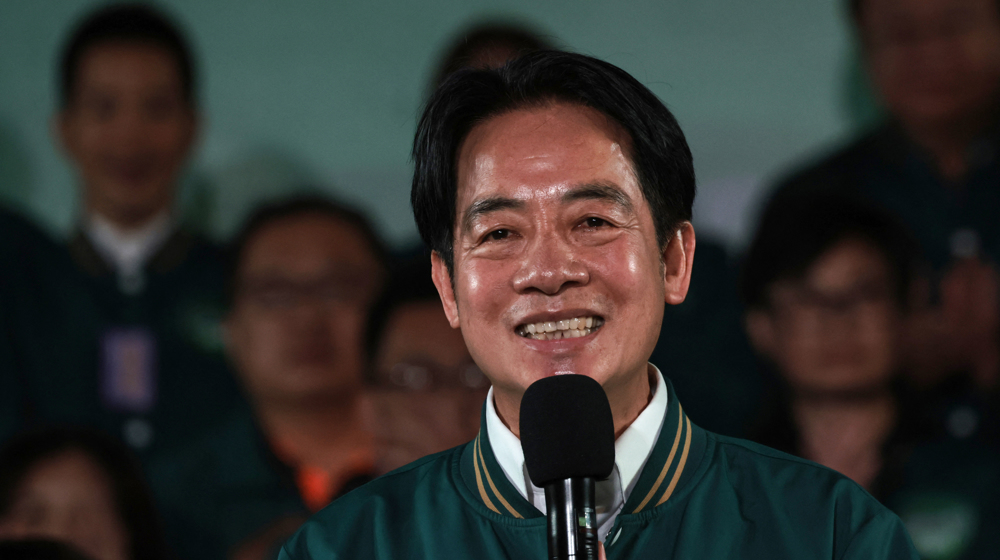
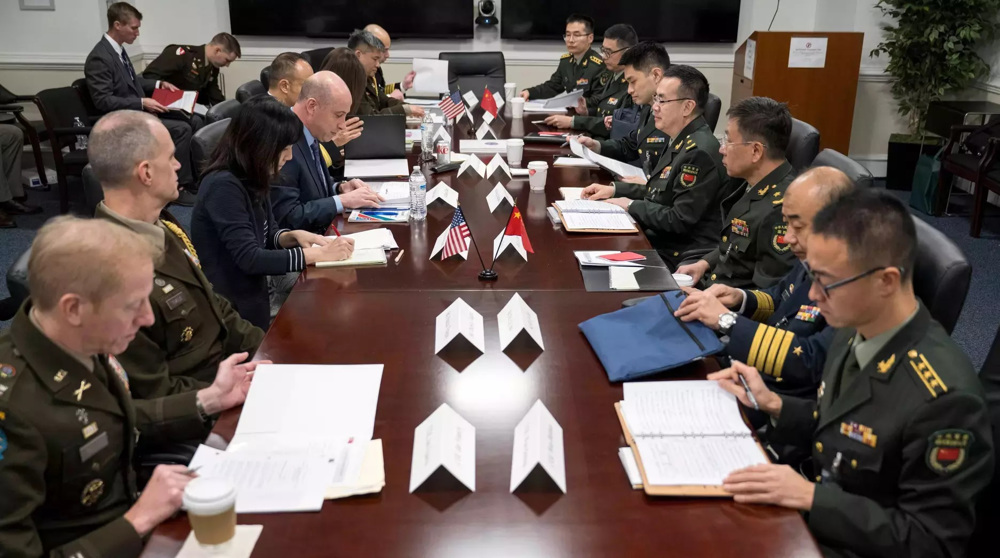

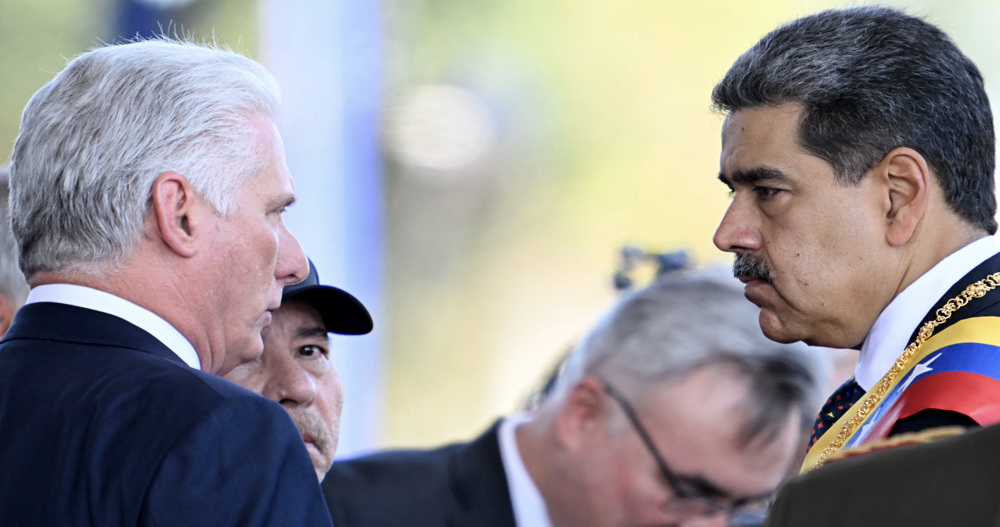
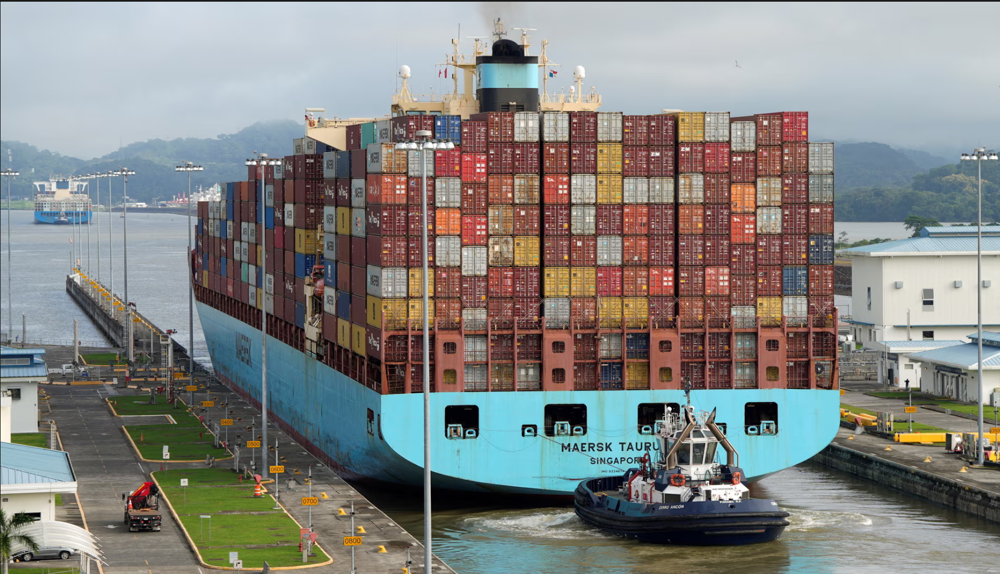



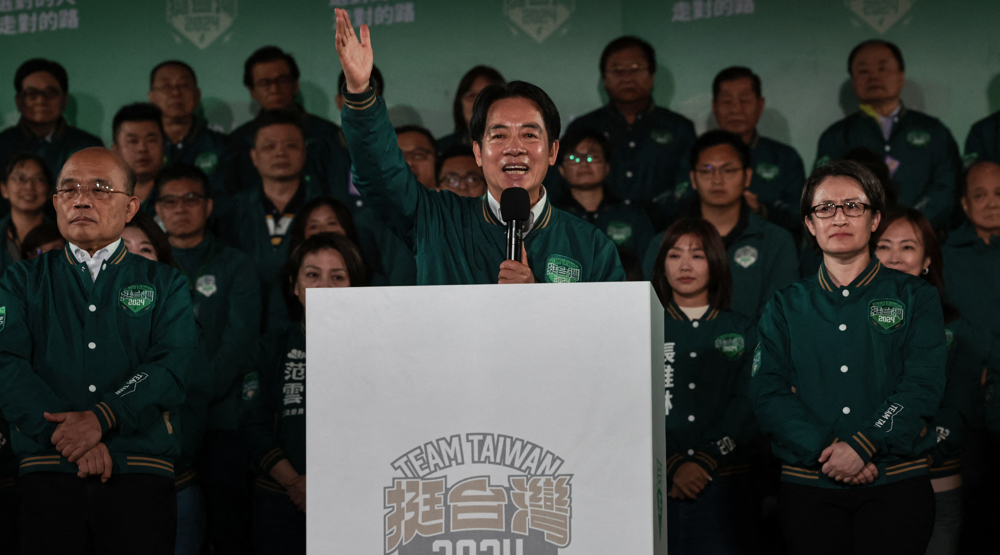
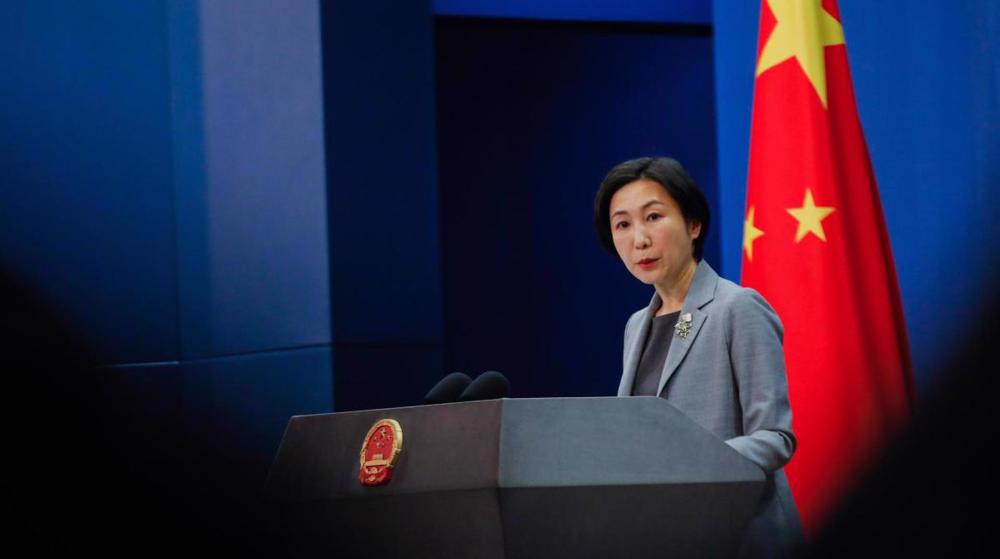
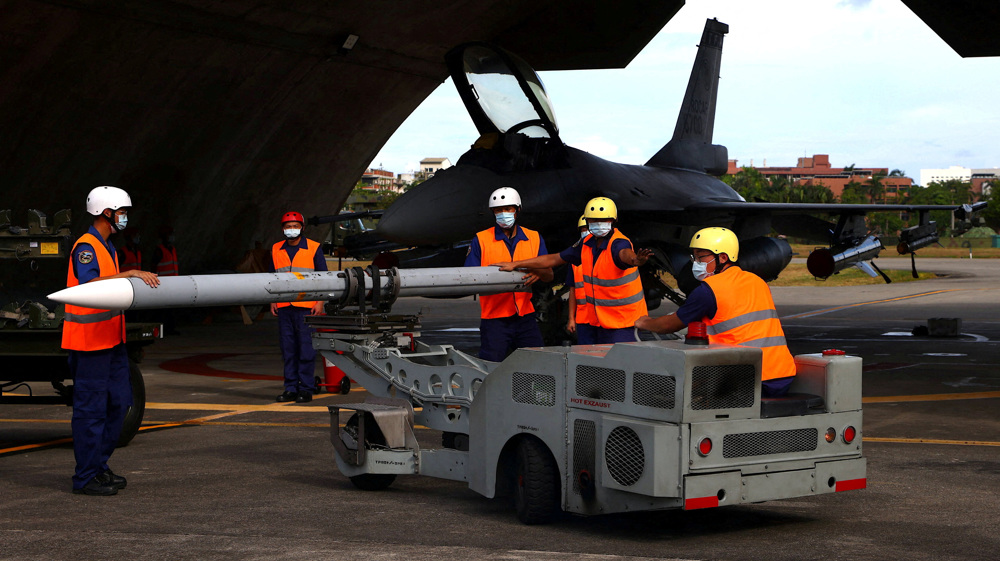

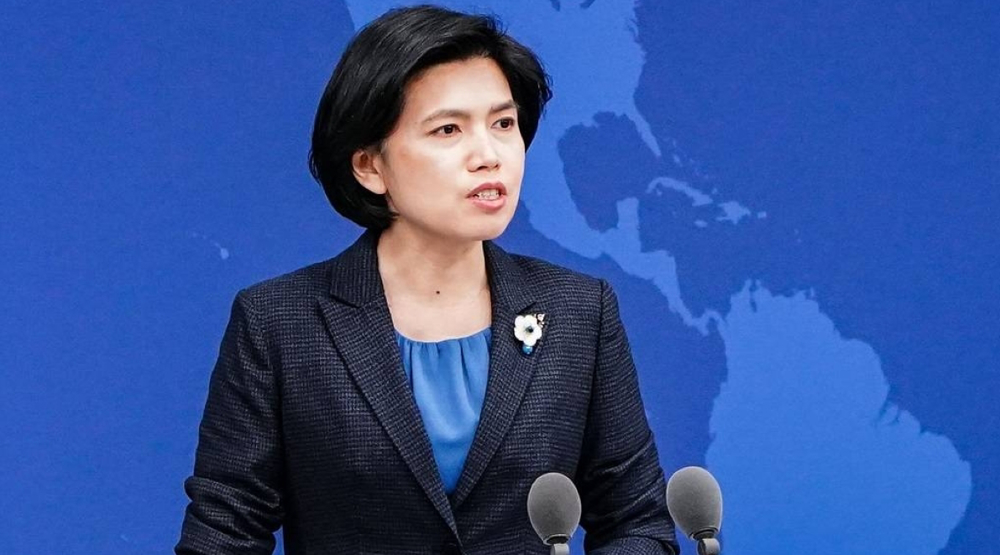

 This makes it easy to access the Press TV website
This makes it easy to access the Press TV website